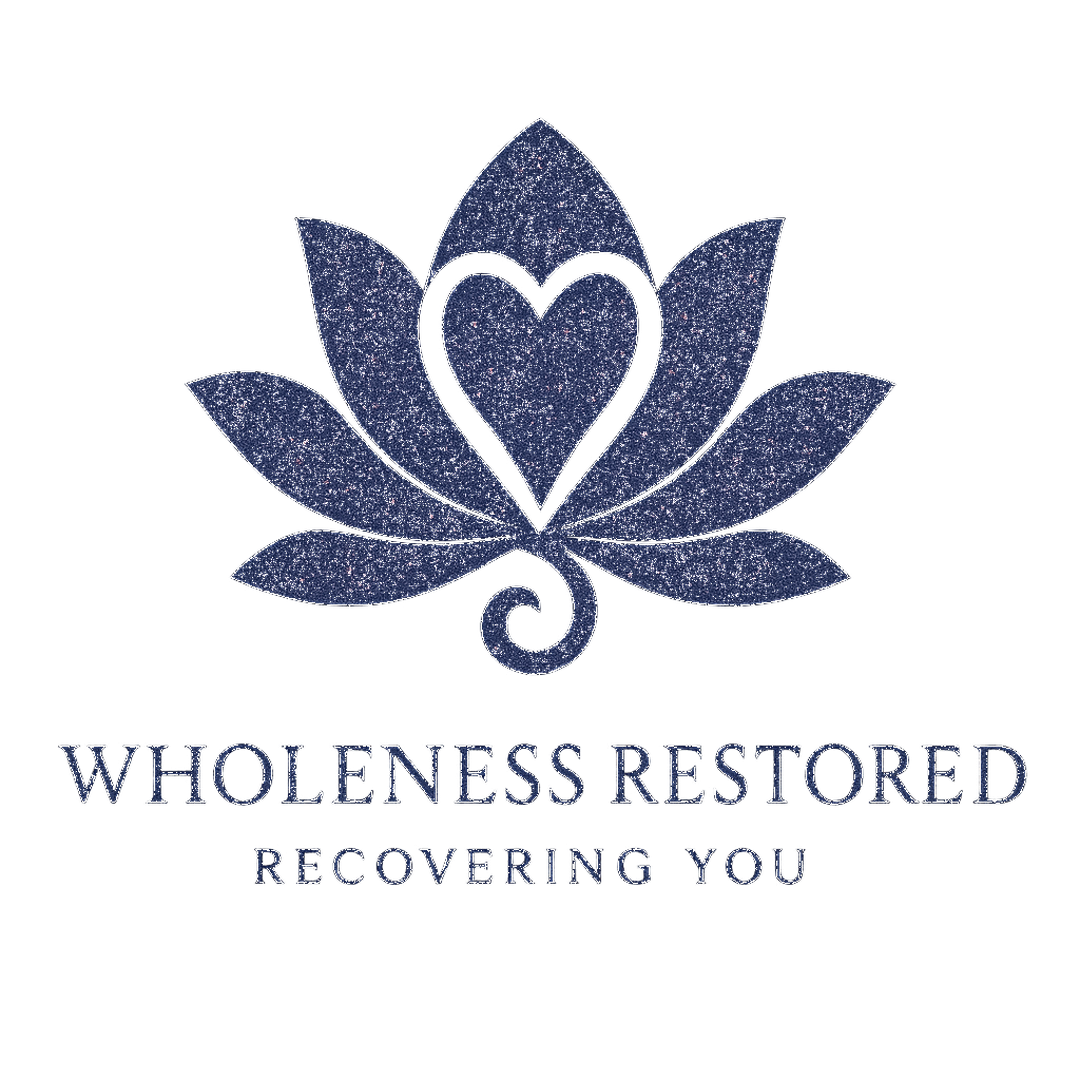Coaching vs. Counseling: What’s the Difference—and Which Do You Need?
If you’re navigating betrayal—whether you’ve been betrayed or you’ve caused harm—it’s natural to wonder: Should I work with a counselor or a coach? The truth is, both can play vital roles in your healing.
Coaching: Building the Future
Coaching focuses on growth, decision-making, and forward movement.
It’s ideal when:
• You’re ready to reclaim your voice and agency
• You need support setting boundaries and rebuilding trust
• You want help taking consistent, integrity-based action
Coaches don’t treat mental health issues—they empower change through clarity, strategy, and accountability.
Counseling: Healing the Past
Counseling focuses on emotional recovery, mental health, and trauma processing.
It’s especially helpful when:
• You’re overwhelmed by grief, anxiety, or trauma symptoms
• You need help regulating your nervous system
• You’re addressing addiction, shame, or deep emotional wounds
Counselors are trained to diagnose and treat mental health conditions and provide clinical support.
Why Many Use Both
Many betrayed and betraying partners benefit from using both counseling and coaching at the same time. Counseling helps you heal the pain; coaching helps you build what comes next. Together, they provide a fuller path to recovery.
At Wholeness Restored, I offer trauma-informed coaching for those ready to move forward. If you’re unsure which type of support you need, I’m here to help you discern your next step.
Contact Me
Reaching out can feel like a big step—and you're not expected to have it all figured out. If you're curious about what working together might look like or have questions about the process, I’d love to hear from you.
I offer a free 20-minute consultation to help you explore whether this support aligns with your needs. You can expect a response within a day or two.
You’ve already taken the first step. Let’s take the next one together.

